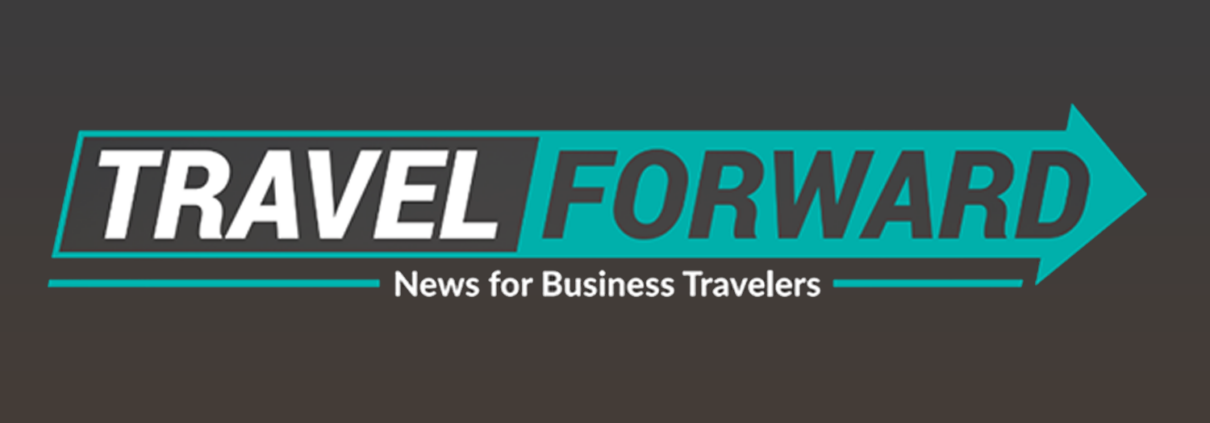TI – Your Partner for Travel Technology Integration
Small and medium enterprises (SMEs) are entering 2026 with ambitious growth plans, and business travel remains central to achieving them.
Balancing Growth and Efficiency
Yet as supplier costs climb and competition intensifies, SMEs are challenged to expand strategically while maintaining travel programs that are efficient, cost-conscious, and traveler-friendly. In 2026, the key to balancing growth with operational efficiency lies in selective, purposeful adoption of travel technology by prioritizing the tools that deliver meaningful impact without overextending resources.
Travel Incorporated highlights today’s key challenges and offers practical strategies to address them with confidence.

The Tech Adoption Gap
Small and midsize enterprises have advanced in overall technology use, yet their adoption of travel-specific solutions continues to lag behind that of larger corporations. Mobile booking platforms, reshopping engines, and traveler tracking solutions continue to be an area for further adoption. This isn’t due to lack of interest but stems mainly from historic integration complexity, budget constraints, and uncertainty about ROI. To balance growth with smart adoption, SMEs can focus on high-impact tools first:
- Mobile booking platforms are evolving beyond basic reservations to integrate loyalty programs, sustainability indicators and offering a more consumer grade experience.
- Tip: Relaunching the program with potential incentives to travelers for a period will not only improve efficiency, but establish a mindset of corporate process rather than an option to guide behavior.
- Air and hotel reshopping tools automate fare adjustments within policy, helping SMEs capture savings of 2-4% on flights and 1.5-3% on hotels without overhauling booking processes.
- Tip: Speak with your TI Client Success Manager about the ease of integrating AirRate Check and HotelRate Check into your program.
- Traveler tracking and Duty of Care software with real-time alerts allow companies to protect employees in higher-risk locations first, enabling a phased rollout that scales as programs grow. Specific to SMEs, Duty of Care has historically been viewed as a need for international travel only, when in fact the need for domestic travel monitoring is just as important.
- Tip: Duty of Care software is available through TI as well as third party suppliers. The right software and functionality will be dependent on your company’s specific requirements.
AI Readiness
AI adoption among SMEs remains about 40% below the market average, but its potential is increasingly tangible. By introducing AI selectively, starting with high-value use cases, companies can enhance efficiency and personalization without overcomplicating their programs. It is important to remember that many of the AI use cases happen behind the scenes within your Travel Management Company’s operational designs, which add significant value to both your traveler’s experience, as well as your policy compliance. Practical applications for 2026 include:
- Self-service that empowers travelers to manage the most common travel needs, including canceling or modifying components of a trip, gaining access to trip invoices as well as access virtual card confirmations.
- Tip: When dialing in for support on any of the above areas, encourage your travelers to select the self-service options. This along with access through their eItinerary offers numerous self-service capabilities they may not have been aware of.
- Booking for individual candidates, non-profiled travelers or groups that may fall outside of the normal processes typically require manual time and effort which is resource intensive and inefficient. Combining automation with AI can not only reduce the time and effort tenfold, but it allows the travel coordinators to stay engaged throughout the process, allowing budgetary parameters to be adhered to, search completed and ticketing managed.
- Tip: New technology is offered through TI’s iRequest product line for candidate/non profiled travelers as well as expediting from small meetings to the largest incentive programs. The benefit to travel coordinators and meeting organizers is the ease of creating the guidelines for the specific requirements/group, which then is distributed to TI for validation, booking ticketing and itinerary creation – all while keeping the coordinator informed and up to date.
Elevating the Traveler Experience
Travelers increasingly expect personalized engagement whether booking their travel online or when calling an agent. Delivering to these expectations ends in stronger compliance, happier employees and more efficient processes. Specifically for the offline engagement, TI has added a number of tech driven capabilities on our travel consultant platform that include:
- Immediate traveler recognition when dialing in.
- All historic, current and future travel itineraries readily available for easy management, modifications and updates to itineraries.
- Maximizing unused ticket reclaim based upon carrier rules on every reservation for both full and partially unused ticket available funds.
- Policy compliance throughout the search path – rather than as part of the final reservation file finishing.
Each of the above travel consultant technology tools provide a personalized, efficient and accurate outcome for each engagement.
Looking Ahead:
The next phase of SME travel management will not be defined by how much technology is adopted, but by how thoughtfully it is deployed. Enhanced booking platforms, reshopping engines, utilizing AI and automation can deliver measurable efficiency. Travel Incorporated remains committed to providing the technology service and support you and your travelers deserve as we head into 2026.




Leave a Reply
Want to join the discussion?Feel free to contribute!